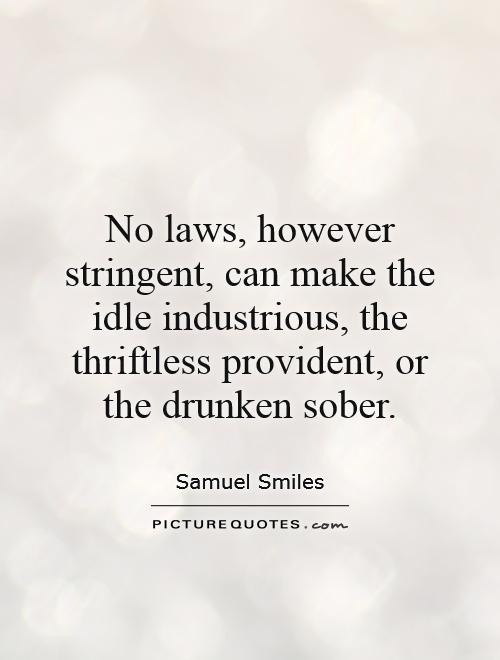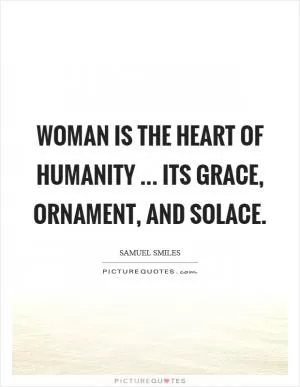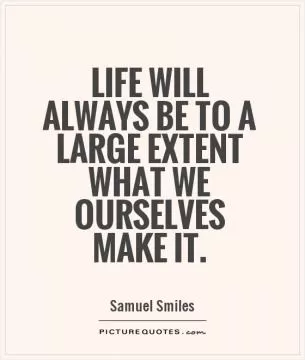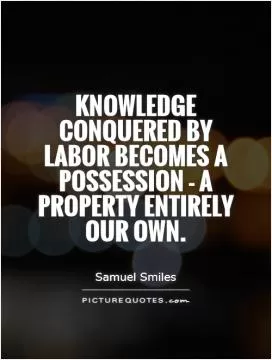No laws, however stringent, can make the idle industrious, the thriftless provident, or the drunken sober

No laws, however stringent, can make the idle industrious, the thriftless provident, or the drunken sober
Samuel Smiles, a Scottish author and reformer, is best known for his book "Self-Help," which emphasized the importance of individual responsibility and self-improvement. In this context, the quote "No laws, however stringent, can make the idle industrious, the thriftless provident, or the drunken sober" reflects Smiles' belief in the power of personal initiative and self-discipline.Smiles believed that true progress and success could only be achieved through hard work, perseverance, and self-reliance. He argued that no amount of legislation or government intervention could force individuals to change their behavior or habits. Instead, he believed that individuals must take responsibility for their own actions and make the necessary changes to improve their lives.
The quote highlights the limitations of external controls and regulations in influencing human behavior. While laws and regulations can certainly create a framework for social order and stability, they cannot force individuals to change their attitudes or habits. For example, no amount of laws against laziness can make a person industrious if they are not motivated to work hard. Similarly, no laws against alcohol consumption can make a person sober if they are not committed to overcoming their addiction.
Smiles' emphasis on personal responsibility and self-improvement was a radical departure from the prevailing attitudes of his time, which often blamed external factors for individual failures. He believed that individuals had the power to shape their own destinies through their actions and choices. By promoting the virtues of hard work, thrift, and sobriety, Smiles sought to inspire individuals to take control of their lives and strive for self-improvement.












 Friendship Quotes
Friendship Quotes Love Quotes
Love Quotes Life Quotes
Life Quotes Funny Quotes
Funny Quotes Motivational Quotes
Motivational Quotes Inspirational Quotes
Inspirational Quotes